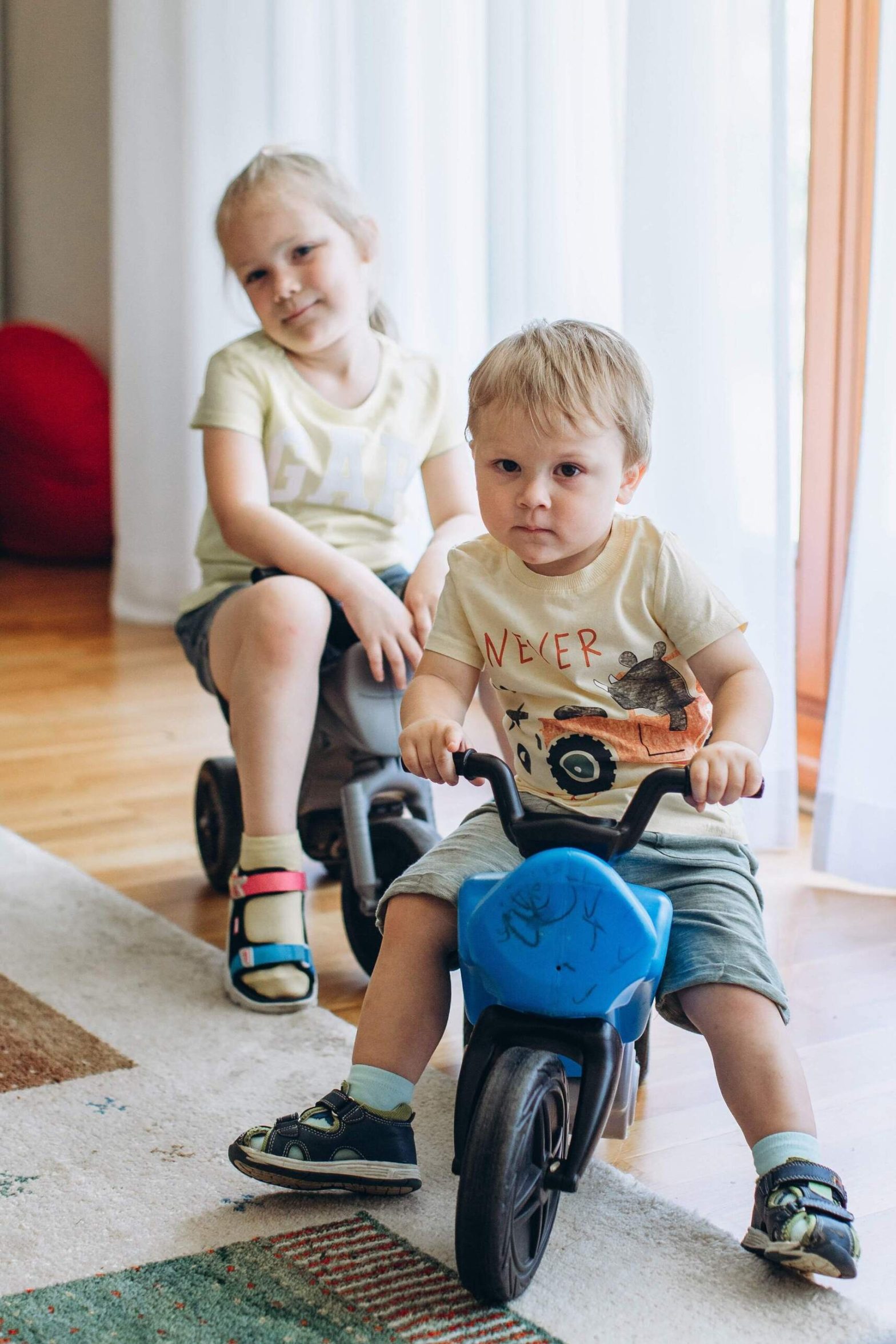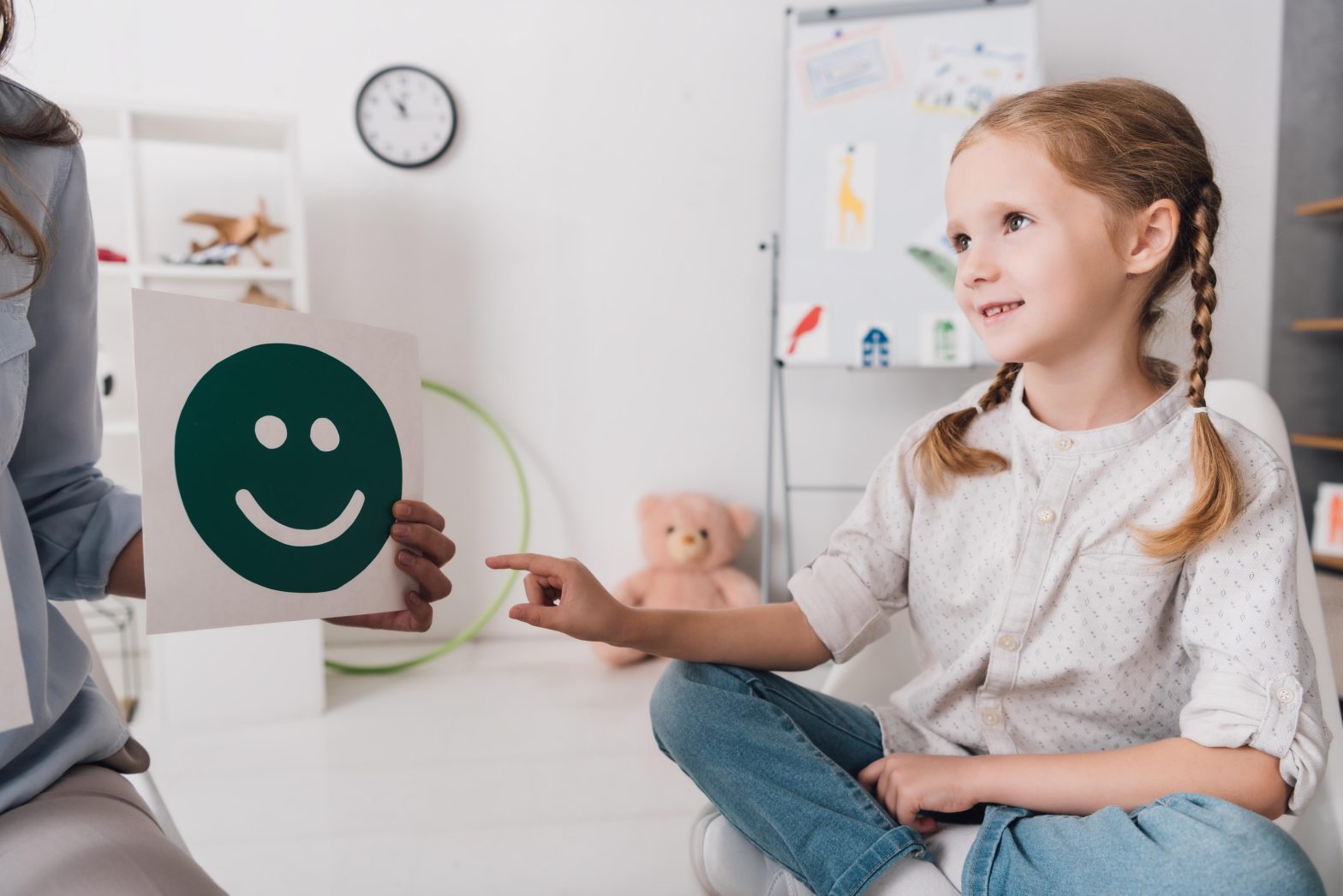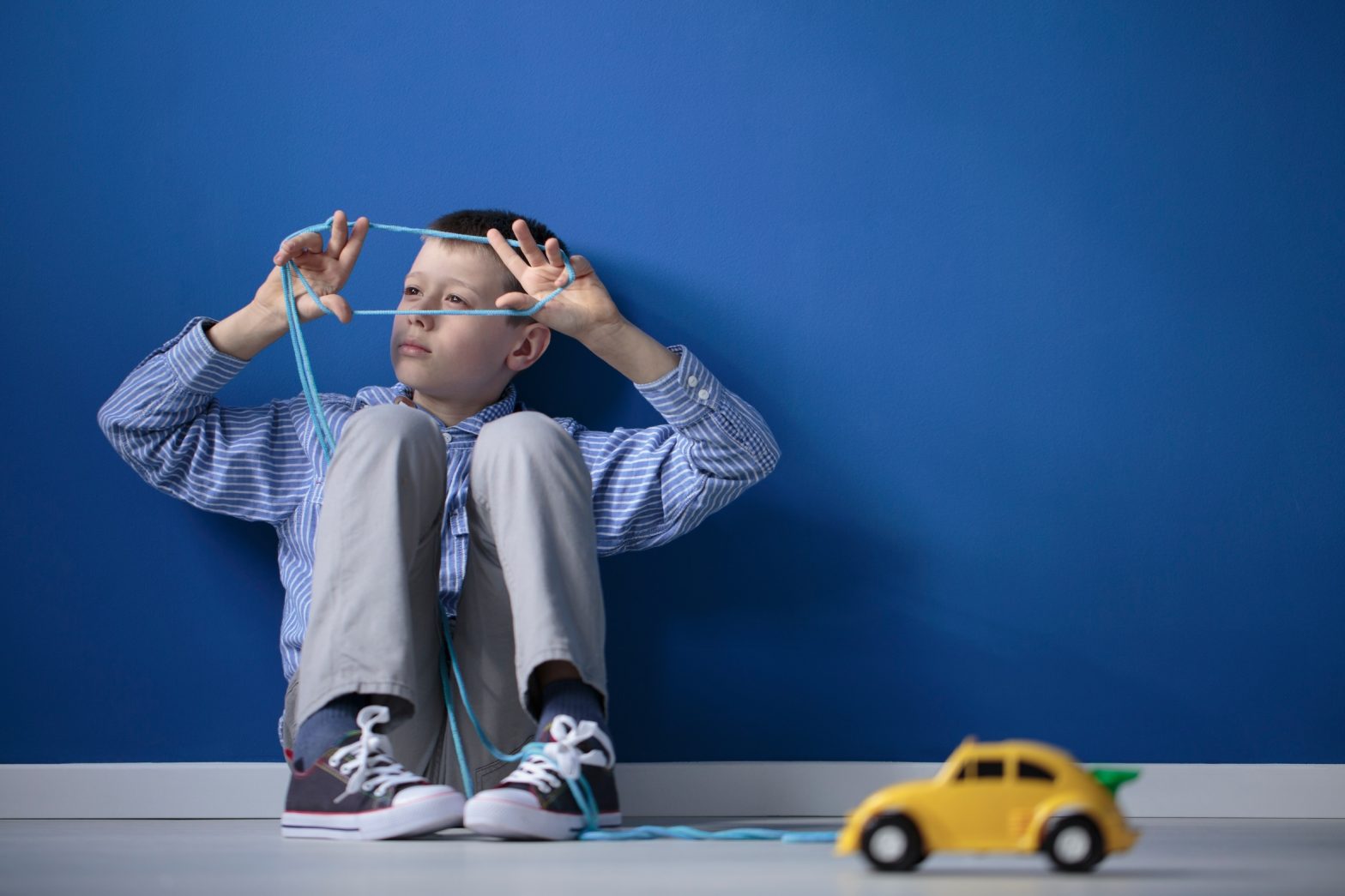For children, play is more than just fun. It’s also how they learn, connect, and understand the world around them. For children on the autism spectrum, play can also be a powerful gateway to learning new skills in ways that feel natural, joyful, and deeply engaging.
Author: manager
Navigating Regression in Autism: Why It Happens and How to Respond
Development is not always a straight path forward. For some children living with autism, there may be times when skills that were once gained, such as using words to communicate, making eye contact, or engaging in play, begin to fade or disappear. This is known as developmental regression, and while it can be concerning, it is not uncommon. Most importantly, it’s something that can be understood, supported, and responded to in ways that empower both children and families.
Co-Regulation vs. Self-Regulation: How to Help Your Child Develop Emotional Resilience
For children with autism, developing emotional regulation skills is a significant aspect of their developmental journey. Understanding the processes of co-regulation and self-regulation provides parents and carers with valuable tools to support their child’s emotional growth and resilience.
The Intersection of Autism and ADHD: Dual Diagnosis Considerations and Strategies
In recent years, the co-occurrence of autism and Attention-Deficit/Hyperactivity Disorder (ADHD) has gained significant recognition among healthcare professionals. This dual diagnosis presents a unique neurodevelopmental profile that merits thoughtful consideration and individualised approaches.
The Power of Visual Schedules: Supporting Daily Routines
Children living with autism often thrive on structure and predictability. The world can sometimes feel overwhelming due to sensory sensitivities, communication barriers, or difficulties with transitions.
Autism and Anxiety: Understanding the Link and Supporting Your Child’s Mental Health
Children living with autism often experience high levels of anxiety. While anxiety is a common emotional response, with autism, children face unique challenges that intensify their symptoms. Understanding the relationship between autism and anxiety, recognising why traditional treatments may need to be adapted, and implementing proactive strategies can significantly improve a child’s mental well-being.
Choosing the Right Extracurricular Activities for Children with Autism
Extracurricular activities can offer valuable benefits for children with autism, fostering social skills, physical coordination, and self-confidence. However, choosing the right activity is crucial to ensuring a positive and rewarding experience. Every child is unique, and selecting an activity that aligns with their interests, sensory preferences, and developmental needs can make all the difference.
Managing Meltdowns vs. Tantrums: Understanding the Difference
For parents of children living with autism, navigating emotional outbursts can be a challenging and often overwhelming experience. Among these behaviours, meltdowns and tantrums are common, yet they stem from different causes and require different approaches. Understanding the difference between a meltdown and a tantrum is crucial for parents, caregivers, and educators to respond effectively and support the child in the best possible way.
Supporting Siblings of Children with Autism
When a family has a child with autism, the dynamic of the household is often shaped by the unique needs and experiences of that child. While parents and caregivers naturally focus much of their attention on providing the best possible support the child with their special needs, the experiences of neurotypical siblings should not be overlooked.
Building Social Skills in Everyday Settings
Social skill development is a crucial part of every child’s journey, particularly for children living with autism who may need additional support to navigate social interactions. The good news is that everyday activities provide abundant opportunities for practising and strengthening these essential skills.







